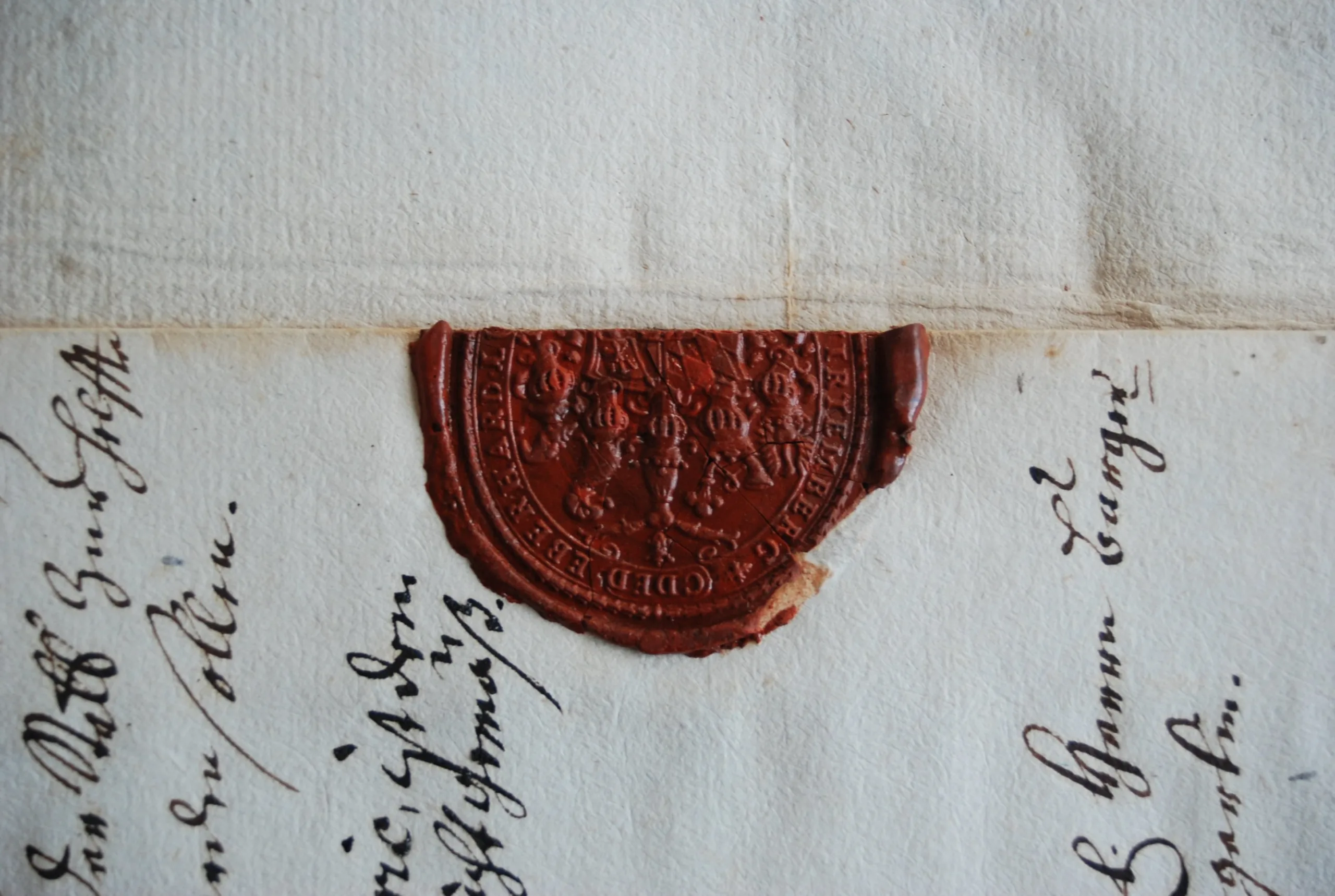Sadly and inevitably, parents’ relationships with their children, as well as each other, may change upon divorce; parents often feel a strong desire to ensure that their children are well provided for when these dynamics alter. As with lifetime gifts generally, large gifts, whether directly to children or to the former spouse for the benefit of any children, need to be carefully structured to avoid losing some of the gift to Inheritance Tax.
Below is a summary of the main UK tax issues to be aware of when separating and/or divorcing in England and Wales. However, expert advice should be sought by anybody making financial gifts or supporting non-working or lower-earning spouses outside the context of agreements or orders, and by anybody whose relatives move into the former matrimonial home, in order to avoid adding unexpected tax and property law ramifications to the stresses of marital breakdown.
Capital Gains Tax (CGT)
A couple might decide on a trial separation. Provided that both parties are agreed that there is no formal, permanent separation, the couple will, for a period, continue to enjoy the tax advantages of marriage. For example, the spouse who is (temporarily) absent from the family home retains the right to Principal Residence Relief in relation to it, so that they are shielded from CGT in respect of this period if the house is transferred or sold during this time.
Following a relationship breakdown, assets, and in particular the former matrimonial home, may be transferred out of joint names, or from one party to the other.
Transfers of assets between spouses are generally exempt from CGT, on the basis that the transferee spouse is deemed to have acquired the asset for the same price that their spouse/civil partner originally paid for it. However, if a separation becomes permanent, parties have just three years from the end of the year of their separation becoming permanent, in which disposals or transfers can be made with the benefit of the “no gain, no loss” treatment. However, if a transfer of assets is pursuant to a formal divorce settlement, the CGT exemption applicable to transfers of assets between spouses will apply without a time limit.
Income Tax
The transfer of assets under a divorce settlement is not subject to income tax. However, if a person receives income-producing assets from their former spouse, such as bonds or shares on which interest or dividends are paid, the recipient will be taxable at their marginal rates on the interest and dividend income received since the date of legal transfer.
Maintenance payments generally fall outside the scope of UK tax. When received, they do not count as taxable income, and there is no tax relief for maintenance payments made to a former spouse.
Inheritance Tax (IHT)
Transfers between spouses are generally not subject to IHT as there is a ‘spouse exemption’. However, the amount of the spouse exemption is limited to just £325,000 where the transferor spouse is domiciled in the UK for UK tax purposes but the transferee is not domiciled in the UK (and has not elected to be treated as such). Specific advice should be taken on spousal transfers between spouses who may be non-domiciled or non-resident.
A separation will have no impact on the availability of the spouse exemption. However, as soon as the final order of divorce is made, the spouse exemption will be lost so transfers between spouses could be subject to IHT as they would be treated as ‘potentially exempt transfers’ (PETs). PETs will be chargeable to IHT if the transferor dies within seven years from the date of the transfer, with a reduction of the donor’s lifetime tax-free allowance. Bad timing could therefore increase the IHT due on an estate by up to £130,000 (£325,000 x 40%). It is therefore imperative that any transfers are made at the optimal time.
Property adjustment orders in financial remedy proceedings for the transfer of real and personal property can be made effective only from the final order of divorce. However, HMRC accept that transfers of money, property or other assets after the final order but pursuant to court orders made in divorce proceedings are specifically exempt from IHT, provided there is no intention to confer any gratuitous benefit on the transferee (which typically there would not be).
This means that a certain amount of tax efficient estate planning is possible in the context of a divorce. For example, a couple could establish a trust for the children (or even to fund the other parent, during his or her lifetime) without incurring the usual immediate 20% IHT lifetime charge. This would require a Court Order, but such orders can be granted by agreement between the divorcing spouses, which could materially benefit the children.
Maintenance payments to a former spouse and a relevant child of the family are also exempt from IHT. However, transfers of property to children, other than for their maintenance, education or training, are unlikely to be exempt
Divorcing ‘non-doms’ post Sehgal
Under current (i.e. pre-April 2025) rules, anyone who is UK resident but non-UK domiciled (and not “deemed domiciled” in the UK for tax purposes) may choose to pay UK tax on the “remittance” basis, rather than the “arising” (i.e. worldwide) basis. Broadly speaking, this means that – in respect of their non-UK income and gains – such taxpayers are only subject to UK tax on such funds if they are “remitted” to (i.e. brought into) the UK. A remittance can include a bank transfer of income or gains (including the proceeds of sale of a foreign property), physically bringing property to the UK (such as importing a painting purchased using foreign income) or paying for a service received in the UK (such as using foreign income to pay a builder to carry out refurbishment work in a UK home). Importantly, a remittance can occur if the taxpayer’s spouse (being a ‘relevant person’ for the purpose of the remittance rules) brings the asset representing foreign income and gains into the UK.
UK residents who are not UK domiciled and who pay UK tax on the remittance basis will stand in particular need of expert advice in the context of divorce and separation. It was previously understood that there would not be a taxable remittance if, as part of a divorce settlement, a remittance basis taxpayer made a payment or asset transfer offshore out of his or her foreign income and gains, which was kept offshore by the other spouse until after the divorce was finalised. As a taxpayer’s husband, wife or civil partner is a ‘relevant person’ for the purposes of the remittance rules, normally anything they bring to the UK is included when considering what has been remitted by the taxpayer. This ceases when the final order of divorce is received, so anything brought to the UK by a person’s former spouse/partner after a divorce should not usually cause a taxable remittance – making it an attractive way for remittance basis taxpayers to fund UK divorce settlements.
This practice was called into question in the 2022 First Tier Tax Tribunal case of Sehgal and Meehan [2022] TC 8581, which appeared to suggest that the remittance by a former spouse could trigger a UK tax charge for the other party to the divorce. Fortunately, following a successful appeal of the Sehgal case to the Upper Tier Tribunal, HMRC now agrees that there is no taxable remittance in the scenario outlined, provided the money paid is kept offshore until after the divorce is finalised, and no relevant person benefits in the UK.
Whether the remittance basis remains relevant in the medium to longer term is the topic of the moment following the Chancellor’s Autumn Budget, in which it was confirmed that the non-domiciled status is to be abolished with effect from 6 April 2025. However, even if 2024/25 is the last year in which it can be claimed, the existing remittance basis rules will continue to apply to pre-6 April 2025 foreign income and gains, and so the concept of a taxable remittance will retain a level of significance for former ‘non-doms’ for some time to come. Individuals with this status will clearly want to take tax advice in any event.
Impact of separation and divorce on Wills
A separation, even if formal and permanent, will have no legal effect on the parties’ Wills or the effects of intestacy, but separated spouses can still inherit, regardless of the length of separation. Separated individuals will want to consider whether the appointment of each other as Executor or Trustee of their Wills remains appropriate, or should be updated.
On the other hand, when the final order of divorce is made, the parties’ Wills remain valid, but former spouses are no longer entitled to benefit (unless special provision to this effect is included). With immediate effect from the date of the final order, a former spouse is treated as having died and, if they were appointed as an Executor or Trustee, their appointment is automatically revoked. Remarriage automatically revokes any previous Wills of both newlyweds, but simply getting divorced does not. As such, parties should seek legal and tax advice promptly; if their Wills are not reviewed and, if necessary, updated, problems associated with tax planning, estate administration, and even partial intestacy may arise.
Clients are advised to undertake a close review of their assets and liabilities to understand how their estate may have changed post-divorce. In addition, any continuing financial obligation to former spouses as part of a divorce settlement should be accurately reflected in your new Will. Provisions concerning foreign assets (such as holiday homes) will require particular attention.
Lasting Powers of Attorney (‘LPAs’)
LPAs are an important part of an effective estate plan, enabling you to protect your financial and personal welfare should you lose mental capacity. As a result, ex-spouses may have put in place LPAs nominating each other as their attorneys. In general, a divorce will have the effect of terminating the ex-spouse’s appointment.
However, a party can specify in their LPA that they wish for their ex-spouse to continue acting, even if the marriage has ended. In the absence of such provision, the question of whether a party’s LPAs remain valid will depend on whether additional attorneys are appointed, whether they are appointed ‘jointly and severally’, and whether replacement attorneys have been appointed. It will therefore be crucial to seek legal advice on the validity of LPAs post-divorce.
Seeking advice
A divorce can be a stressful and emotional time for everyone involved. It is therefore important that you seek legal advice early on and consider how divorce may impact your estate and tax planning. At Payne Hicks Beach LLP, we regularly assist clients at every stage of their divorce proceedings (including pre- and post-divorce planning). We are able to act alongside expert family lawyers to advise whether any estate or tax planning is advisable and what (if any) practical steps need to be taken, including updating your Wills and LPAs.
If you would like to discuss any of the issues raised, please do not hesitate to contact the author or your usual Payne Hicks Beach contact.








